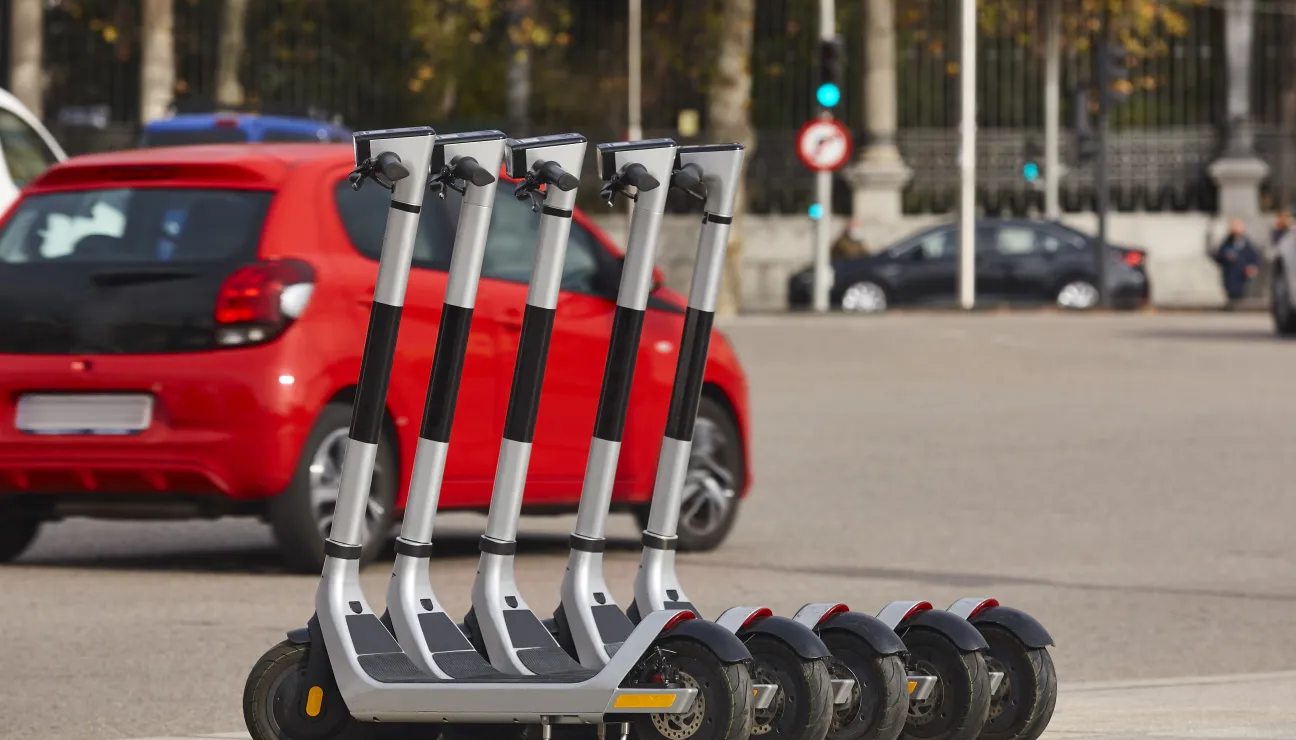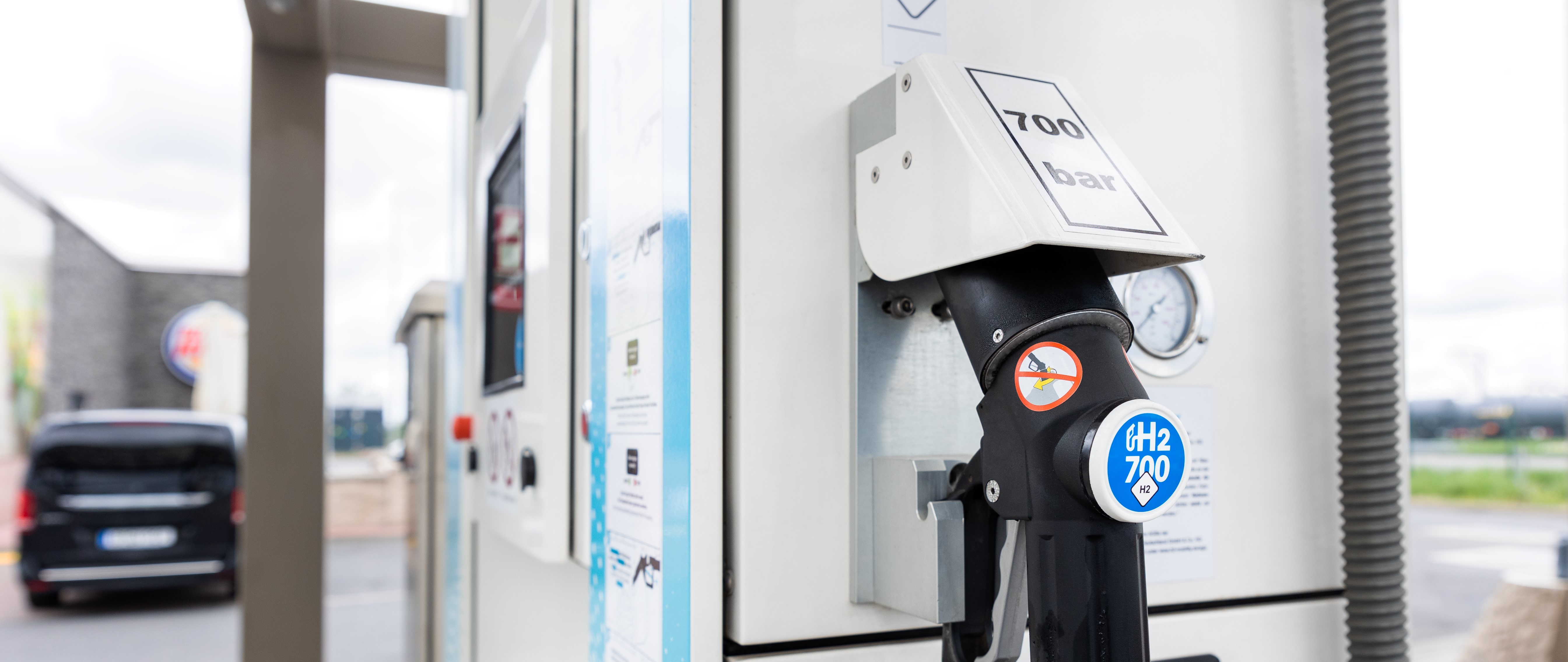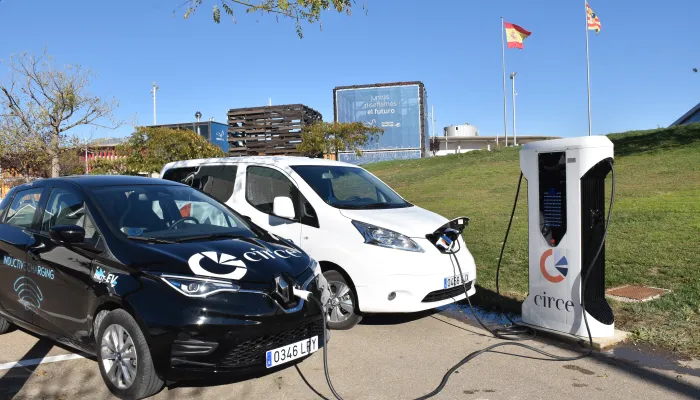CIRCE promotes sustainable mobility with studies and plans for companies and cities

Are businesses and cities prepared to meet the new sustainable mobility requirements? With increasing pressure to reduce emissions and improve air quality, both companies and public administrations face increasingly complex challenges. The upcoming Sustainable Mobility Law will require companies with more than 500 employees to develop detailed sustainable mobility plans for commuting, while cities with more than 50,000 inhabitants will have to implement Low Emission Zones (LEZ) to reduce the use of private cars and promote cleaner alternatives.
How sustainable mobility plans benefit businesses and cities
The big question is: how to adapt to these new requirements? In a context where sustainability is no longer optional, having comprehensive studies and mobility plans based on real data is crucial. But what should these plans include? How can businesses optimize their resources and comply with regulations? How can cities ensure efficient and environmentally friendly mobility?
CIRCE – Technological Center, a leader in sustainable mobility, offers solutions to address these challenges. Through innovative tools that analyze mobility patterns and optimize transportation systems, it provides companies and cities with the ability to make informed and effective decisions, ensuring compliance with new requirements.
One of the main advantages of having expert mobility analysis is the ability to design strategies tailored to the specific needs of each environment. CIRCE, through its Sustainable Mobility Laboratory, offers a portable kit that collects data on traffic, air quality, and the use of different modes of transportation. This information is key to improving urban planning, designing more efficient infrastructures, and making data-driven interventions.
Advanced technologies for smart mobility
The use of Smart Mobility tools also allows real-time traffic management optimization, providing specific solutions for both companies and municipalities. This approach, in addition to reducing operational costs, significantly contributes to improving the quality of life in cities by reducing emissions and promoting sustainable transportation methods.
CIRCE's focus on digitalization and monitoring enables businesses and cities to make informed decisions that have a direct impact on reducing emissions. Through personalized mobility studies and detailed fleet analyses, CIRCE helps organizations adapt to regulatory changes, optimizing their mobility systems and achieving considerable economic savings.
Pedestrian simulations and efficient urban design
In addition to mobility studies, CIRCE also conducts pedestrian microsimulations to evaluate and improve the design of urban spaces. These simulations help anticipate the impact of new infrastructures before their implementation, ensuring that interventions are effective and beneficial for citizens.
Electric vehicles and clean technologies
One of CIRCE's most innovative services is the integration of clean vehicles. Through a thorough analysis of transportation fleets, CIRCE advises companies and institutions on the transition to electric and hydrogen-powered vehicles, optimizing both operational costs and environmental benefits.

Sustainable Urban Mobility Plans for greener cities
For cities, CIRCE also offers Sustainable Urban Mobility Plans (PMUS), tailored to the characteristics of each environment. These strategic plans promote active mobility options, such as walking or cycling, modernization of public transport, and the reduction of pollutant emissions in urban areas.
With over three decades of experience, CIRCE is at the forefront of developing technology solutions geared towards sustainability. Its innovative approach spans from mobility to energy efficiency, collaborating with businesses, administrations, and cities to facilitate the transition towards a more sustainable and environmentally friendly future.






